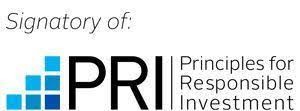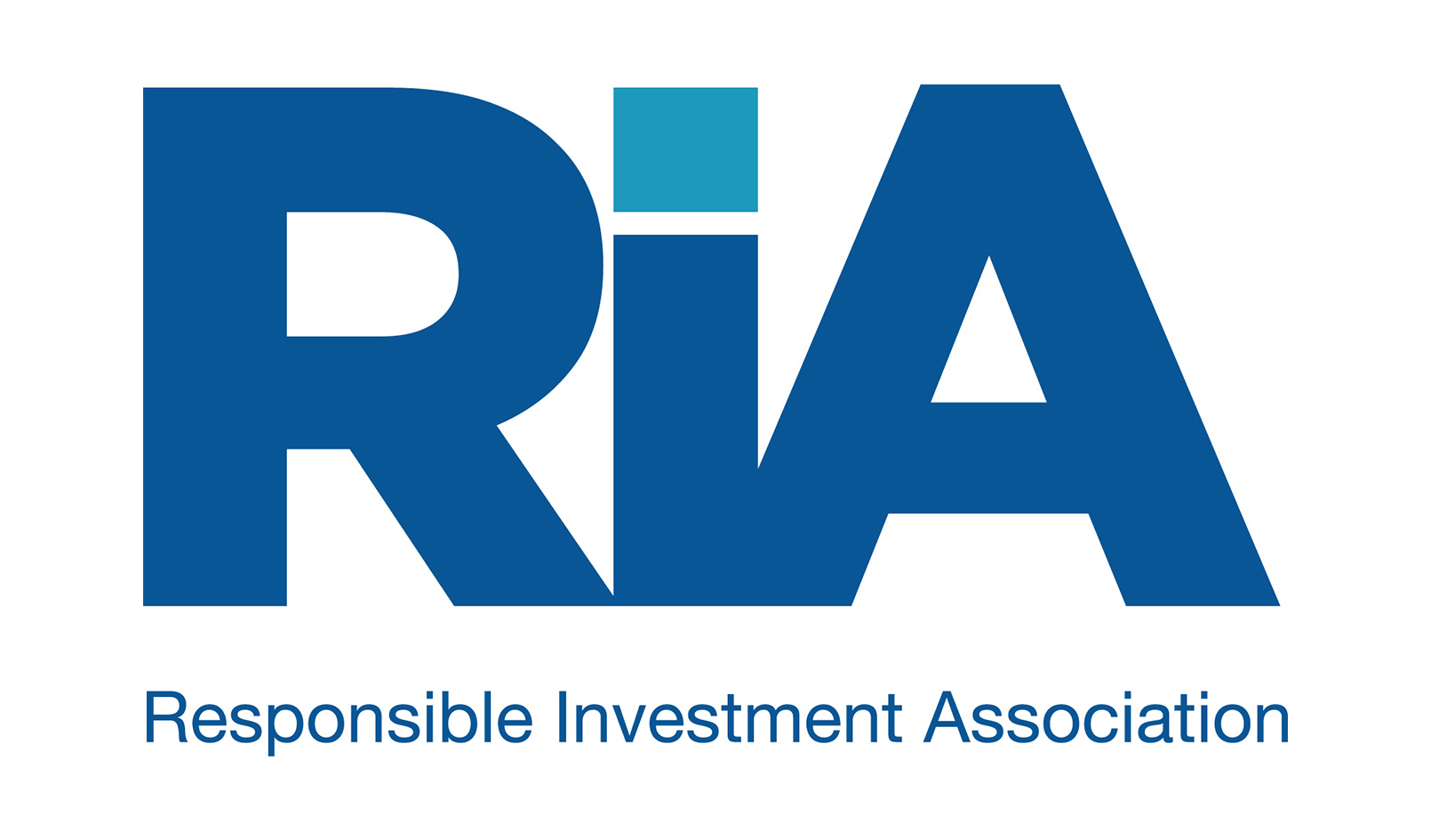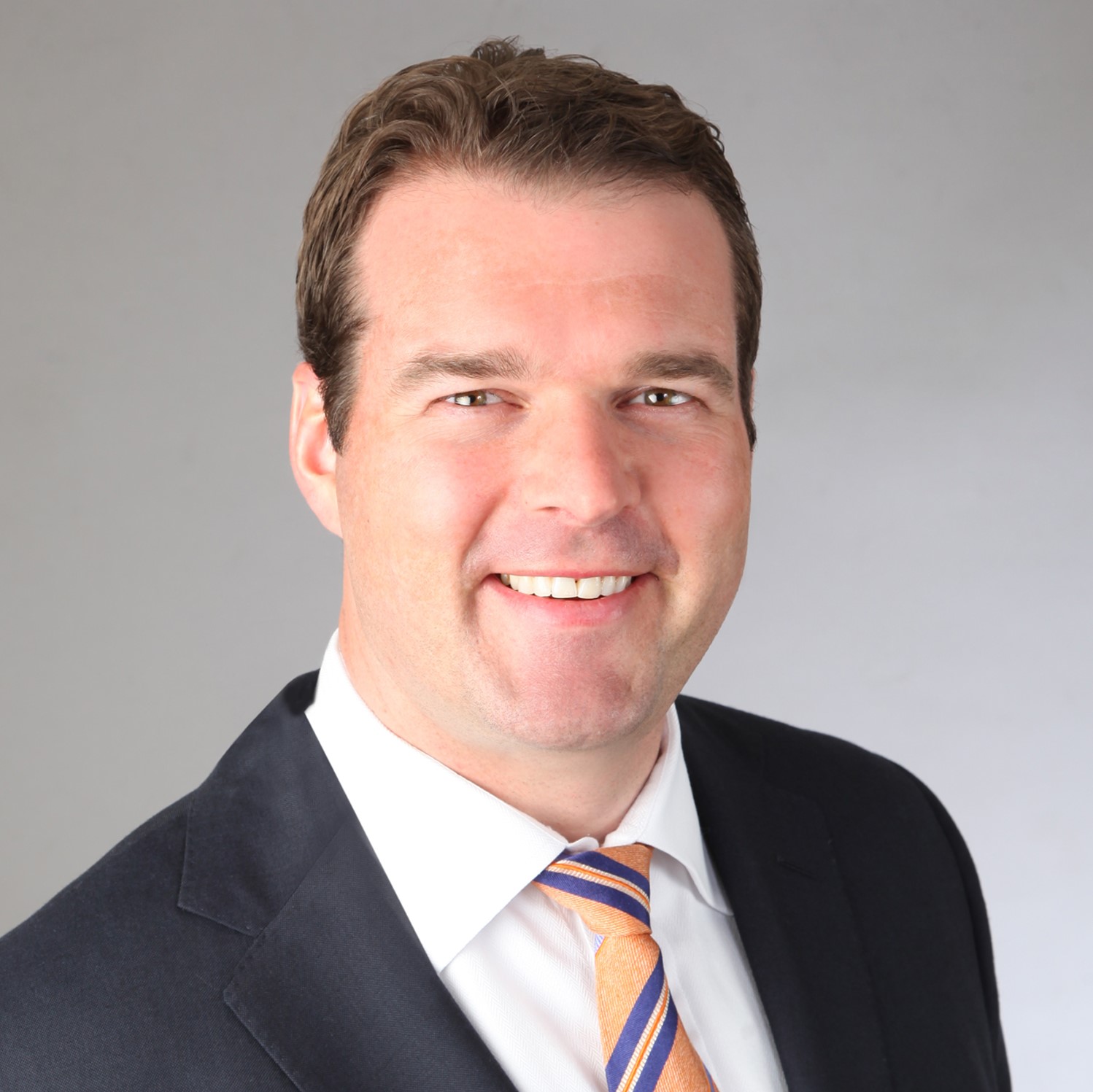Senior managers at 1832 Asset Management, the registered investment fund manager for Dynamic Funds, explain why active ESG funds offer more potential for positive change and investor returns

Although environmental, social and governance factors have long played a role in Dynamic Funds’ fundamental investment process, Jim Morris, Chief Operating Officer at 1832 Asset Management, says the momentum that’s been building for the past several years around ESG investing has been “nothing short of incredible.” As the registered fund manager for Dynamic Funds, 1832 has been overseeing the formal integration of ESG factors into the investment process, while also developing enhanced ESG-related risk reporting.
Calling it a natural evolution, Morris, who leads the 1832 Investment Team, sees ESG as just one more tool to gain a deeper fundamental understanding of potential investment opportunities. “ESG factors have long been a critical component in our research process,” Morris says, adding, “but what we’ve focused on over the past several years is a concerted effort to create a formal ESG infrastructure across all our investment teams." While passive ESG funds in the U.S. have attracted considerable fund flows in 2020, Morris believes active ESG funds offer far more potential -- for both positive change and investor returns.
Committed to ESG
As Head of Research at 1832, Dan Yungblut has been a key figure in spearheading the company’s ESG initiatives. He’s also chair of 1832’s ESG Investment Committee, which meets each month to oversee the integration of ESG factors into the investment process. “Here, ESG is embedded into each of our investment teams; it's an important part of the investment process. It's really our investment teams that are driving the ESG processes,” Dan says. “At 1832, we don’t have a separate ESG department that has to fight for airtime and convince key decision makers to consider ESG. I think that's an important differentiator for us versus many other investment managers.”
As further evidence of its commitment to ESG investing, 1832 is a signatory to the United Nations-supported Principles for Responsible Investment (PRI) and is also a proud member of both the Responsible Investment Association (RIA) and the Canadian Coalition for Good Governance (CCGG), where it serves on the group’s Environmental and Social Committee.



The Case for Active ESG Investing
As dedicated active managers, Yungblut stresses that Dynamic Funds relies on proprietary active fundamental ESG analysis. “When it comes to passive ESG scores, I don’t think you get as full an understanding of material ESG factors,” Yungblut says, adding that passive scores tend to be static snapshots, less focused on future performance. Consequently, Yungblut believes that active managers are able to derive a much more nuanced understanding of a company’s ESG profile – both now and into the future. “In many cases, we've known the businesses for years, and can determine which ESG-related factors are material, and also where the business is headed,” he says.
“At Dynamic, we want to make our own independent assessment, determine what we think is going to drive a company forward and then decide whether or not to invest,” Yungblut says. “We never want to outsource our decision-making to an external ratings company.”
To underscore the benefits of an active ESG approach, Yungblut points to Dynamic’s first ESG-related thematic fund, the Dynamic Energy Evolution Fund. Launched in late October, the fund is committed to finding global opportunities related to the transition to more sustainable energy sources.
Yungblut highlights that the investment team applies the same intensive research process that it applies to all its mandates to identify quality companies at a reasonable price. That independent process generally results in companies in the clean energy space with high ESG scores, however many clean energy companies with high ESG scores are not in the portfolio because they didn’t meet the quality threshold as solid investments.
"A high ESG score does not comprehensively assess the business outlook of a company, and a passive approach cannot identify those companies with the best return prospects even within a given theme. A passive strategy may also have missed out on an opportunity in a solar power related technology company that has a low ESG score due to lack of reporting on employee development initiatives. Our independent analysis identified a strong company, but not any material issues of concern that impacted the investment decision."
Active ESG: An Opportunity for Engagement … and Alpha
While many passive funds may screen out potential investments, both Morris and Yungblut believe that engagement – rather than divestment – is the best way to foster positive change on a range of ESG issues. By engaging with management, active managers can not only voice their concerns as potential shareholders but also determine whether management has a credible strategy to address ESG issues. Yungblut argues that if a company’s making progress on a material issue, active managers then have a unique advantage to capitalize on an emerging investment opportunity. “We think an active ESG product is part of the best way to have real-world impact over time -- and better allocate capital in society's best interest,” he says.

Jim Morris, Chief Operating Officer, 1832 Asset Management L.P.

Daniel Yungblut, Vice President & Head of Research, 1832 Asset Management L.P.
Commissions, trailing commissions, management fees and expenses all may be associated with mutual fund investments. Please read the prospectus before investing. Mutual funds are not guaranteed, their values change frequently and past performance may not be repeated. Views expressed regarding a particular company, security, industry or market sector are the views of the writer and should not be considered an indication of trading intent of any investment funds managed by 1832 Asset Management L.P. These views should not be considered investment advice nor should they be considered a recommendation to buy or sell. These views are subject to change at any time based upon markets and other conditions, and we disclaim any responsibility to update such views.
© Copyright 2020 1832 Asset Management L.P. All rights reserved.
Dynamic Funds® is a registered trademark of its owner, used under license, and a division of 1832 Asset Management L.P.



